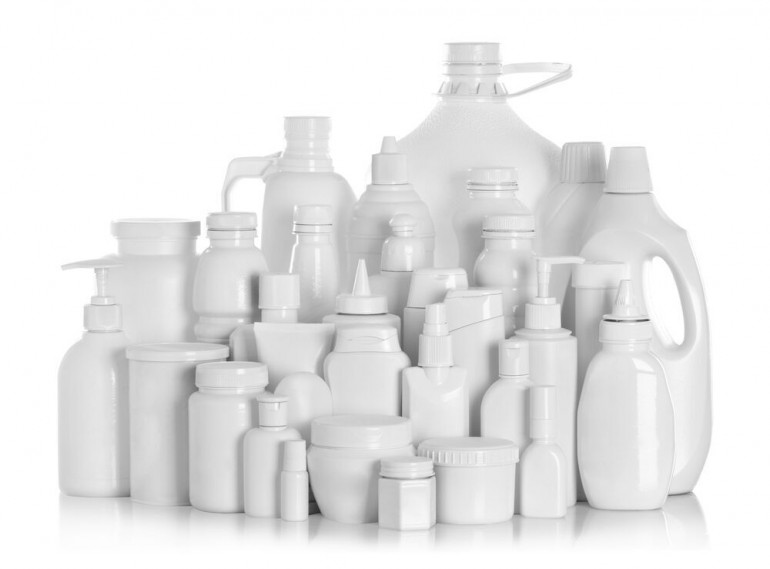
A wide range of common household and personal-care products contain endocrine-disruption chemicals (EDCs) that lead to early menopause.
A recent study found that women who use certain household and personal-care products and who have the highest levels of EDCs enter menopause 1.9 to 3.8 years earlier than those who have lower levels of the chemicals. And earlier menopause can have a significant effect on bone health, cardiovascular health, on memory and quality of life for women,” Dr. Amber Cooper of Washington University in Saint Louis was quoted as saying following her publication in PLOS one. It also shaves years off of a woman’s ability to conceive. The authors believe the toxins destroy the eggs within the ovary.
Earlier menopause can have a significant effect on bone health, cardiovascular health, on memory and quality of life for women.
Dr. Cooper identified 15 EDCs that include nine polychlorinated biphenyls (PCBs), three pesticides, dioxin/furan, and two phthalates in addition to tobacco smoke, which has previously been shown to be responsible for women going into menopause between 0.8 and 1.4 years earlier.
Even though some of these chemicals are now banned, they are still being found in people’s bodies in 2015. But you can limit your exposure by avoiding processed and packaged foods and beverages and by eating fresh foods that aren’t processed in factories or foods that don’t come into contact with packaging.
The article points out that the odds of being menopausal for women between 45 and 55 years ranged from 1.3 to more than sixfold higher for each one-unit increase in the log EDC level. The most important thing is to become aware of the possible risks of processed and packaged foods and even fresh foods in direct contact with certain plastics.
Unfortunately, some of the toxins are in the soil, the water, and in the air, so they are everywhere and really difficult to avoid.





